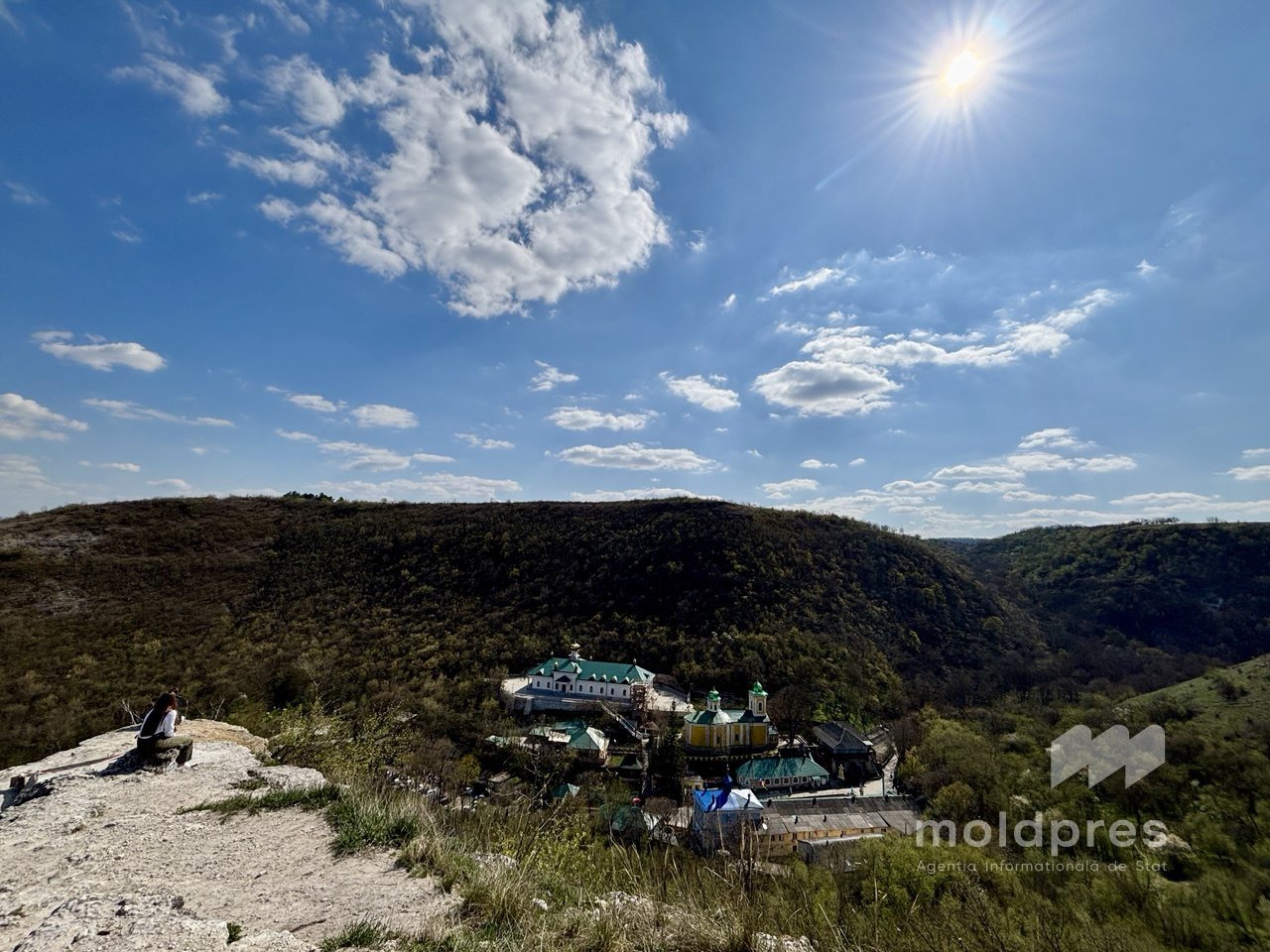
European Union supports sustainable development of tourism in Moldova
Modernizing infrastructure, digitizing tourist services and supporting local entrepreneurs are the main pillars of the Growth Plan for tourism, developed by Moldovan authorities in partnership with the European Union Delegation in Moldova.
The plan outlines five major goals aimed at strengthening tourism as a factor for local and regional development. The first objective focuses on developing tourism infrastructure through investments in roads, signage, information centers and local facilities, in order to make visitors’ experience more accessible and attractive. At the same time, digitalizing the tourism sector involves creating online platforms, mobile applications and interactive tools, in order to promote the country's tourist destinations.
Supporting small producers and rural entrepreneurs is another essential goal and improving the regulatory framework along with creating markets for authentic and eco-friendly products directly contributes to the development of the rural economy. Additionally, promoting sustainable and responsible tourism is integrated into the project, so that the development of this sector respects the environment, communities and local cultural values.
Professional training and the involvement of young people complete the plan's vision by developing the necessary skills in tourism, marketing and creative industries, enabling the younger generations to actively participate in transforming the sector.
“Tourism is an essential component of local and regional development, and the European Union supports the transformation of this sector into a pillar of Moldova's green, inclusive and innovative economy. Through various programmes, projects that enhance the tourist appeal of regions are funded, providing opportunities to young people and stimulating the rural economy,” said State Secretary of the Ministry of Culture Andrei Chistol.
The results are already visible: modern Tourist Information Centers have been created, regional and local tourist routes have been developed to leverage cultural, historical and gastronomic heritage and investments in local infrastructure — roads, public spaces, utilities and leisure facilities — contribute to improving visitors’ experience. Projects dedicated to cultural tourism, eco-tourism and wine tourism support wineries and destinations in adopting sustainable practices and leveraging the cultural heritage of wine regions.
Through these joint efforts, the European Union and Moldova are building a modern, sustainable and attractive tourism industry, that brings economic and social benefits to local communities and positions the country as a significant destination on the European tourist map.
PHOTO GALLERY // Well-known departed poet of Moldova honored with flower-laying ceremony on Alley of Classics in Chisinau
Moldovan president invites people to rediscover book as space of inner peace on National Reading Day
PHOTO GALLERY // ''THE BORDER'' movie presented in packed house in Moldova
Moldova attends TTR 2026, Romania’s largest tourism fair
Spring Festival celebrated in Moldovan capital: Chinese show on stage of Mihai Eminescu Theatre dedicated to Year of Fire Horse
Spring starts with International Martisor Music Festival in Moldova; 60th edition to bring concerts, opera, ballet, musical premieres
Spring Festival to be celebrated in Chișinău with artistic performance
Bulgarian-language radio station could be opened in south of country
Holiday vouchers presented at Tourism & Travel Expo 2026 exhibition in Moldova
New opportunities for cultural organizations of Moldova: open call for artistic residency projects under Culture Moves Europe
PHOTO GALLERY // TOURISM & TRAVEL EXPO 2026 opened in Chișinău
VIDEO // Macbeth returns to stage of Satiricus Theatre of Moldova, reimagined by Japanese director Motoi Miura
VIDEO // Moldova and Poland could organize joint cultural events
Moldovan President visits Katyn Massacre Museum: History helps us understand and cherish freedom
Moldovan PM says peace fragile, all share responsibility to protect it
Parliament speaker says, after 34 years, Moldovans have duty to build bridges, where there were walls
PHOTO // Decade of Memory and Gratitude launched in Chisinau; Moldovan president says state without memory vulnerable state
EU Entry/Exit System extended to more border crossing points of Moldova as of March 2
Moldovan PM conveys message on 34 years since outbreak of Transnistria War
Perspectives concerning Moldova's territorial reintegration; expert says reunification can happen through society’s collective refusal to play Russia’s game
Moldovan foreign affairs minister to pay official visits to Germany, Azerbaijan
Chisinau International Airport launches strategic digitalization project: integrated online platform directly connected to operational systems
Moldovan Energy Regulatory Agency says events in Persian Gulf region influence international oil prices
Moldova marks 34th anniversary of joining United Nations
President - 34 years after war on Dniester: In the name of those who fell and fought, we commit to keeping the flame of freedom alive. Every day
President’s message at event on Remembrance and Gratitude Day
15 citizens of the Republic of Moldova in Middle East requested consular assistance from diplomatic missions
President: Aggression against our country has not disappeared even today – only methods have changed. We are living through genuine cognitive war that targets our memory and identity and seeks to confuse victim with aggressor
PHOTO GALLERY // War on Dniester through lens of MOLDPRES: documentary photographs from front line
Foreign Ministry: No Moldovan citizens among victims in Middle East conflict zones

